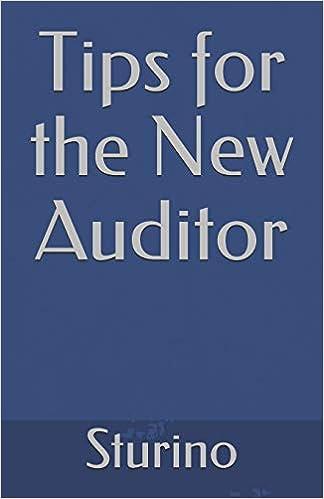There are multiple ways researchers model the effect of a minimum wage increase, along with different variables that researchers focus on, such as industry or the age of people affected. As a result, there is debate on exactly how raising the minimum wage would affect employment, small businesses and the federal deficit. Here are common arguments for and against raising the minimum wage. Raising Minimum Wage Will Kill Jobs and Increase Prices of Goods and Services Many arguing against raising the minimum wage point to potential job losses that will result from businesses absorbing the costs of having to pay employees more. However, different analysts may come to very different conclusions about potential job losses, based on what model that they use. A recent report from the Congressional Budget Office (CBO) estimated 1.4 million jobs would be lost ( 0.9 percent of employment) by the time the federal minimum wage reaches $15 in 2025 and would increase the federal deficit by $54 billion over the next 10 years due to increased spending on federal programs, such as Medicaid. Arindrajit Dube, a professor of economics at the University of Massachusetts and a research associate at the National Bureau of Economic Research argues that the CBO's estimates are wrong due to its methodology, and the overall research that a minimum wage hike's effects on employment are difficult to accurately pin down. He estimates that a national minimum wage increase to $15 per hour, using the CBO report's evidence, would lead to just under 500,000 lost jobs. ... The report's assumptions about job losses are problematic - significantly out of step with modern research on the subject," Dube writes in a recent op-ed for the Washington Post. He claims the report only looks at a select sample of studies to draw its conclusions and is inconsistent with the formula it uses to calculate its estimates. Daniel Kuehn, research associate at The Urban Institute, says the overall consensus of the effects of minimum wage are that yes, it will result in jobs lost-but the number of jobs it removes from the economy aren't statistically significant (although they come at a human cost that's harder to quantify). Employers could also absorb the wage hike costs in other ways, such as reducing fringe benefits (such as free meals for restaurant servers or employee discounts for retail servers). But what about those memes of a minimum wage hike turning your \$7 Big Mac meal into a \$20 splurge? Is that true? According to Kuehn, it's also unlikely to happen. Why Raising the Minimum Wage is the Right Thing to Do Looking at how the current federal minimum wage has flatlined over the past 12 years makes it clear: Low-wage earners are fnlling behind. Thyy're working for less money, thmks to inflation, making them poorer over time. Few Research points out that wage growth has largely gone to the highest earners--and a separate EPI analysis notes that it has also remained unequal by race, with significant widening gaps in wages between Black and white Americans-but raising the minimum wage could help. Resenrch about raising the minimum woge in 1966 reveals it led to a significant drop in earnings inequality between Black and white Americans, accounting for more than 20 \% in the reduction in racial earnings and the income gap. A stagnarit minimum wage is clearly becoming a praponent of the widening racial wealth gap in the country. Over 100 cconomists agree. A letter from the Economic Policy Institute (EPD) has gamered dozens of signatures from economists all over the cotutry in support of raising the federal minimum wage to 515 per hour by 2024. The letter cites the stagnant minimum wnge growth as "directly responsible for growing inequality between the bottom and the middle class," and adds "this minimum wage increase would provide a significant and much needed boost to the earnings of Jow-wage workers." The letter also says complementary policies, such as an expanded Earned Income Tax Credit (ETTC) and increased job training, should accompany the wage hike. Such changes are included in President Biden's \$1.9 trillion After you have read the article, paying particular attention to the paragrpahs "The Effects of Raising the Minimum Wage" and "Why Raising the Minimum Wage is the Right Thing to Do", provide your opinion on the comments made in the article about the pro's and con's of raising the minumum wage. Additionally, feel free to add in your discussion any thoughts you have that could provide another approach or perspective to the mimumum wage debate. You are free to search the Internet and other source (global min wage laws, journrals, websites, etc..) to support your discussion comments. Be sure to cite at the end of post any sources you used to support your discussion










